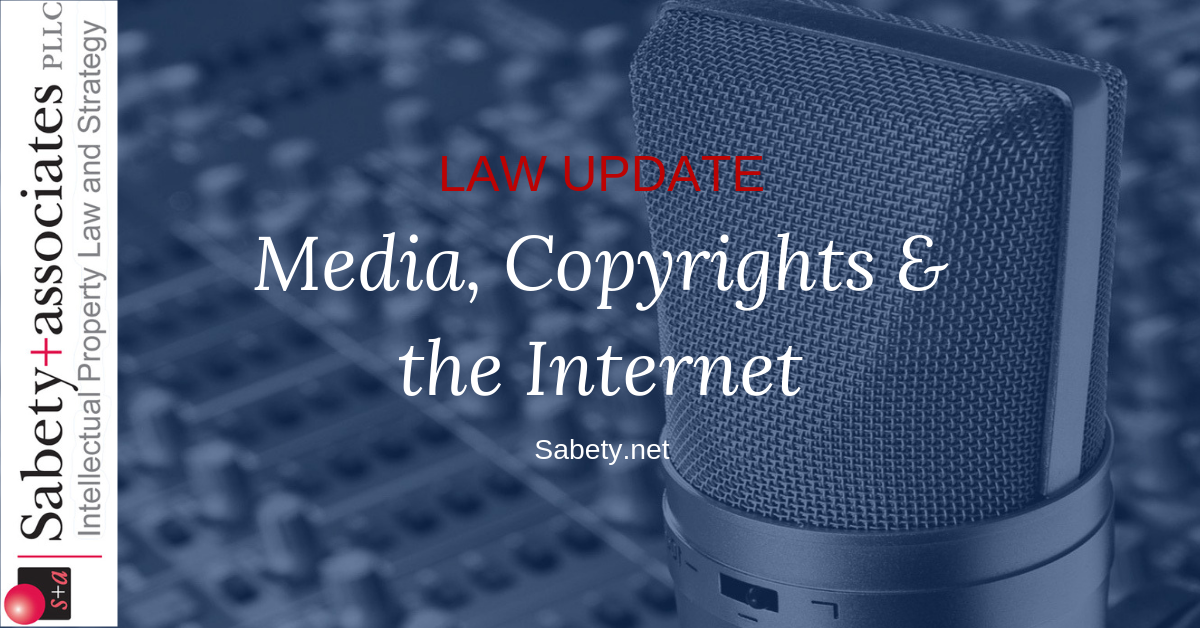The Music Industry Reaches a Tortured Compromise as the U.S. Senate Passes the Music Modernization Act
September 19, 2018
U.S. Senate Passes the Music Modernization Act, nee’ the “Orrin G. Hatch Music Modernization Act.” The MMA amends the U.S. Copyright Act in a manner to facilitate online distribution of music by extending compulsory licenses to songs that are performed on a sound recording. The legislation was backed by established music industry participants, including major record labels and large music publishing organizations like ASCAP, as well as various Internet industry members. Some—but not all– music production organizations have also supported it. Proponents of the legislation highlight the new “compulsory” “Blanket license for digital uses” of “musical works”—i.e. the songs, not the recordings — (an often overlooked subtlety in Copyright law as it applies to recorded music) that that “covers all musical works… available for compulsory licensing under this section….” This would appear to be all songs with a copyright registration that have already been released (i.e. any cover). The “Blanket license” permits “any transmission … of a phonorecord of that sound recording, regardless of whether the digital transmission is also a public performance of the sound recording or any musical work embodied therein, and includes a permanent download, a limited download, or an interactive stream.” This is noteworthy because it now eliminates the long-lingering issue of whether “interactive streaming” creates “reproductions” subject to mechanical licensing by storing cache files or whether a “download” is a “public performances” by being a “transmission” subject to public performance licensing, or both. The law establishes a new government-mandated royalty administration body called a “mechanical licensing collective” to be designated by the Copyright Office “within 9 months of the enactment….” Notable is that the law provides that there will be a publicly available database containing music publishing “splits” between co-writers and co-publishers and that copyright owners will be obligated to populate the database with their song ownership data—data that could be considered a music publisher’s trade secret. It is not clear whether the power to audit and enforce payment from digital music distributors is solely in the hands of the “collective.”
Critics of the legislation view it as a sell-out to the incumbent record labels that have captive music publishing divisions that supported it. Independent songwriters and composers have also objected that the collective will not have equal music creator and music publisher representation. Only four of fourteen board members will be members of the songwriter and composer community. The “blanket license” has also been criticized as a way for digital music distributors to run rough-shod over their separate licensing obligations to songwriters. For example, where a song is “unmatched”, i.e. its copyright owner has been inaccurately designated (or not at all), the industry incumbents will fare well because the law authorizes distribution of royalties for use of such “unmatched” works to market participants on a market share pro-rata basis: thus taking royalties payable to the actual owners and sending it to incumbents whose “market share” is higher.
With all the moving parts, one can expect it will be years before this is all sorted out.

